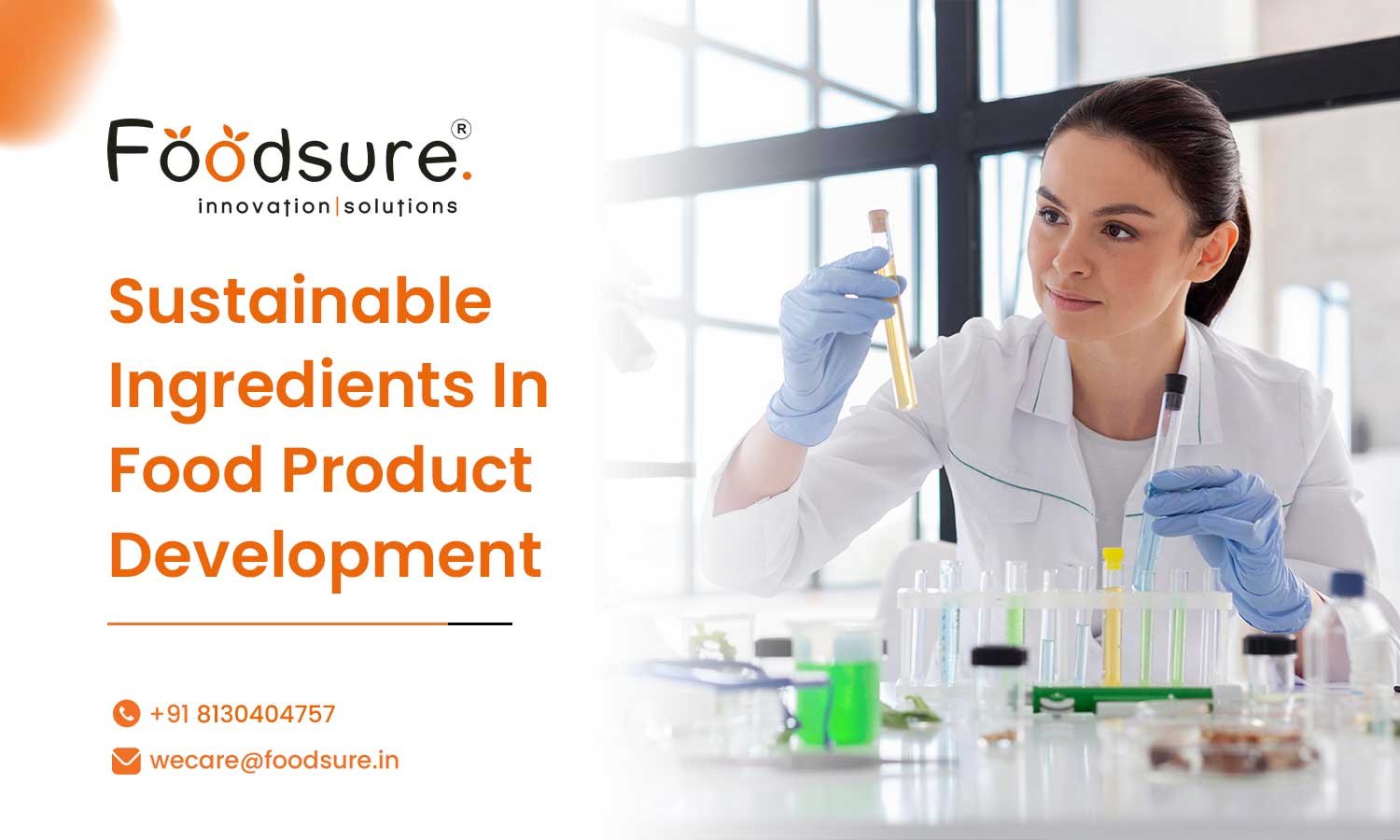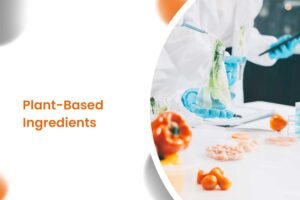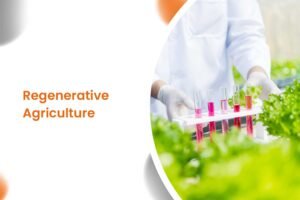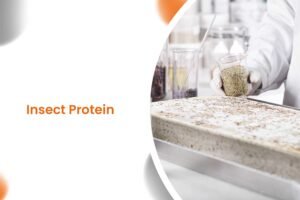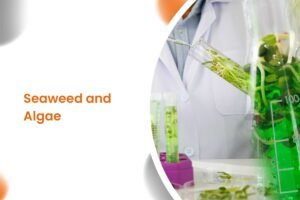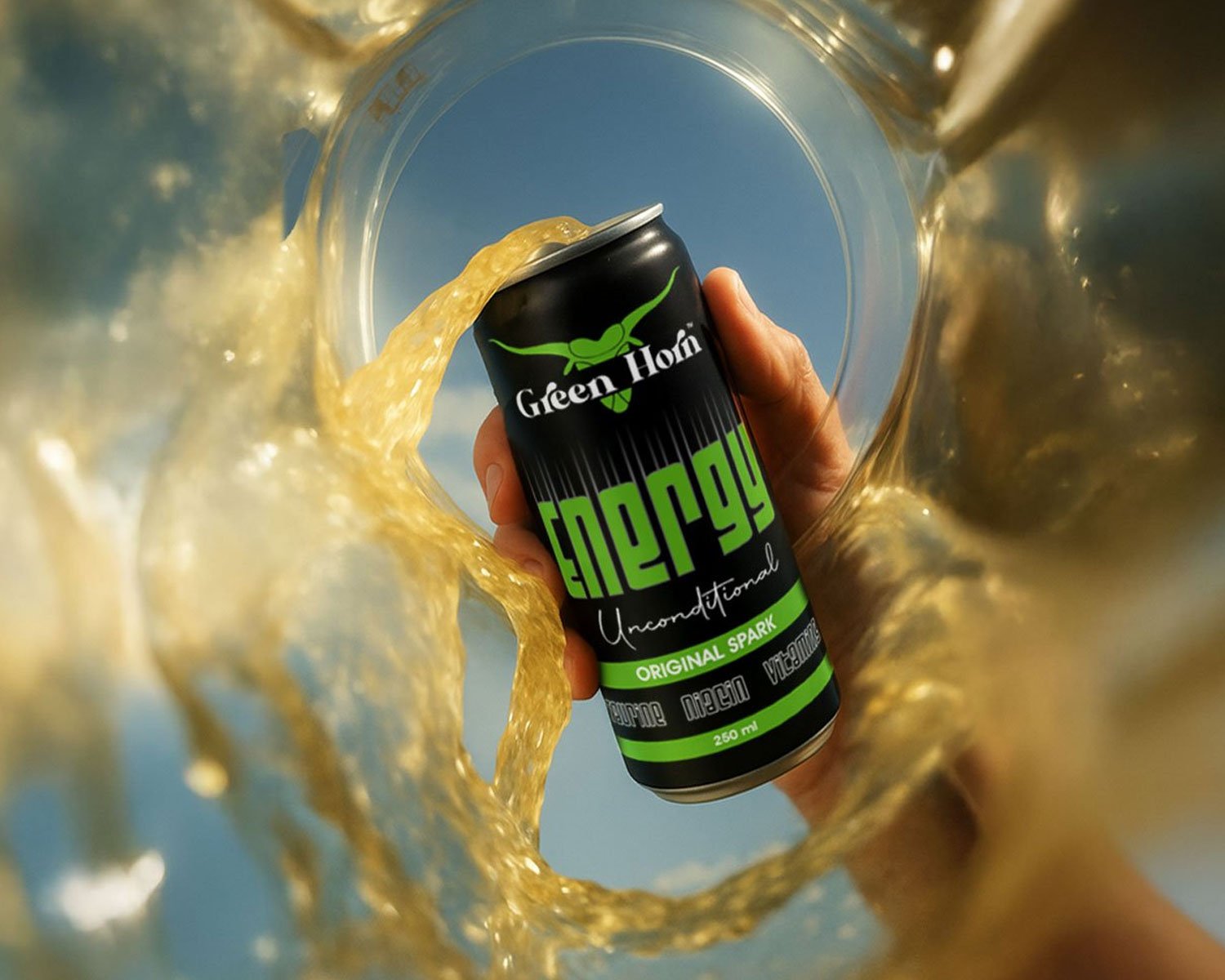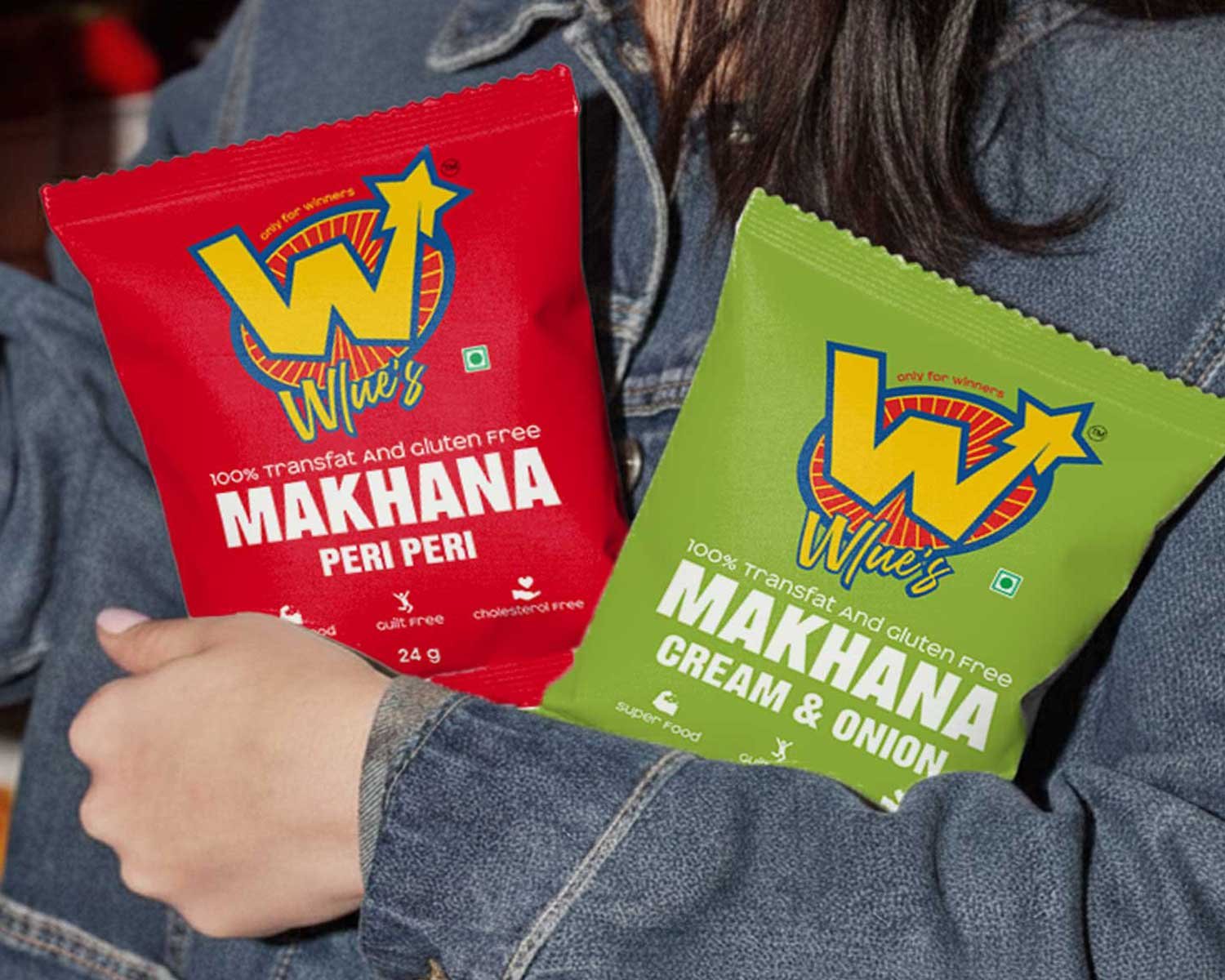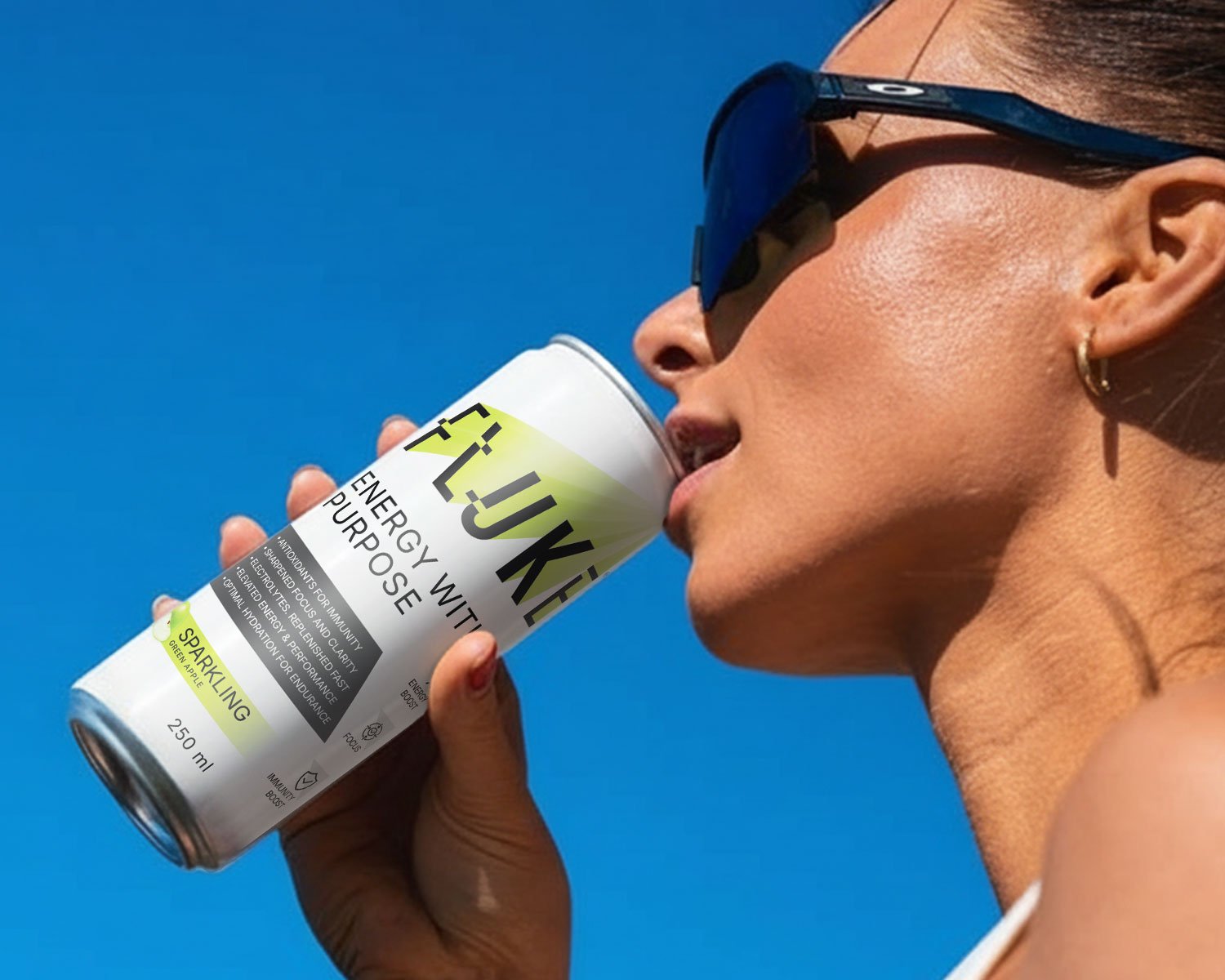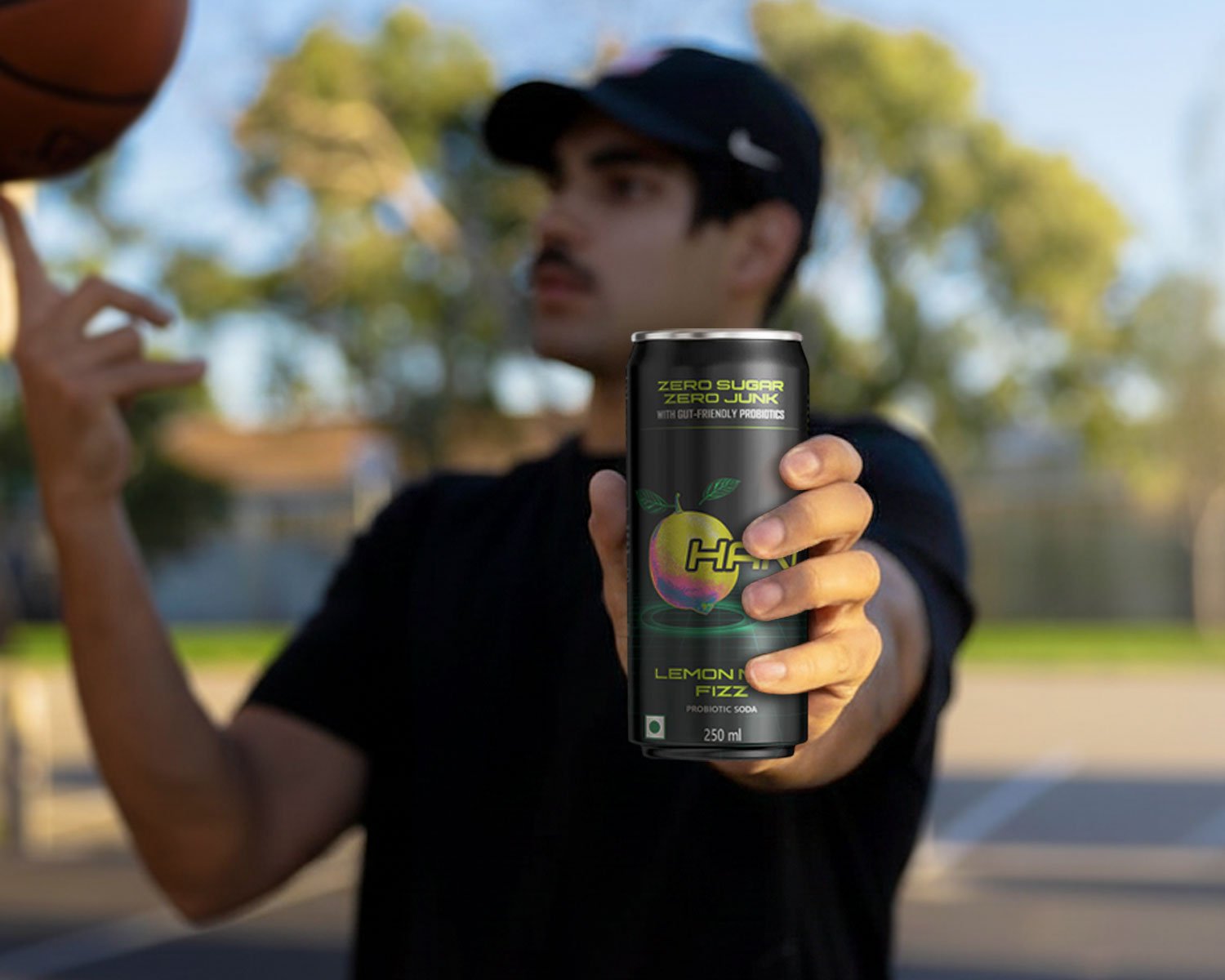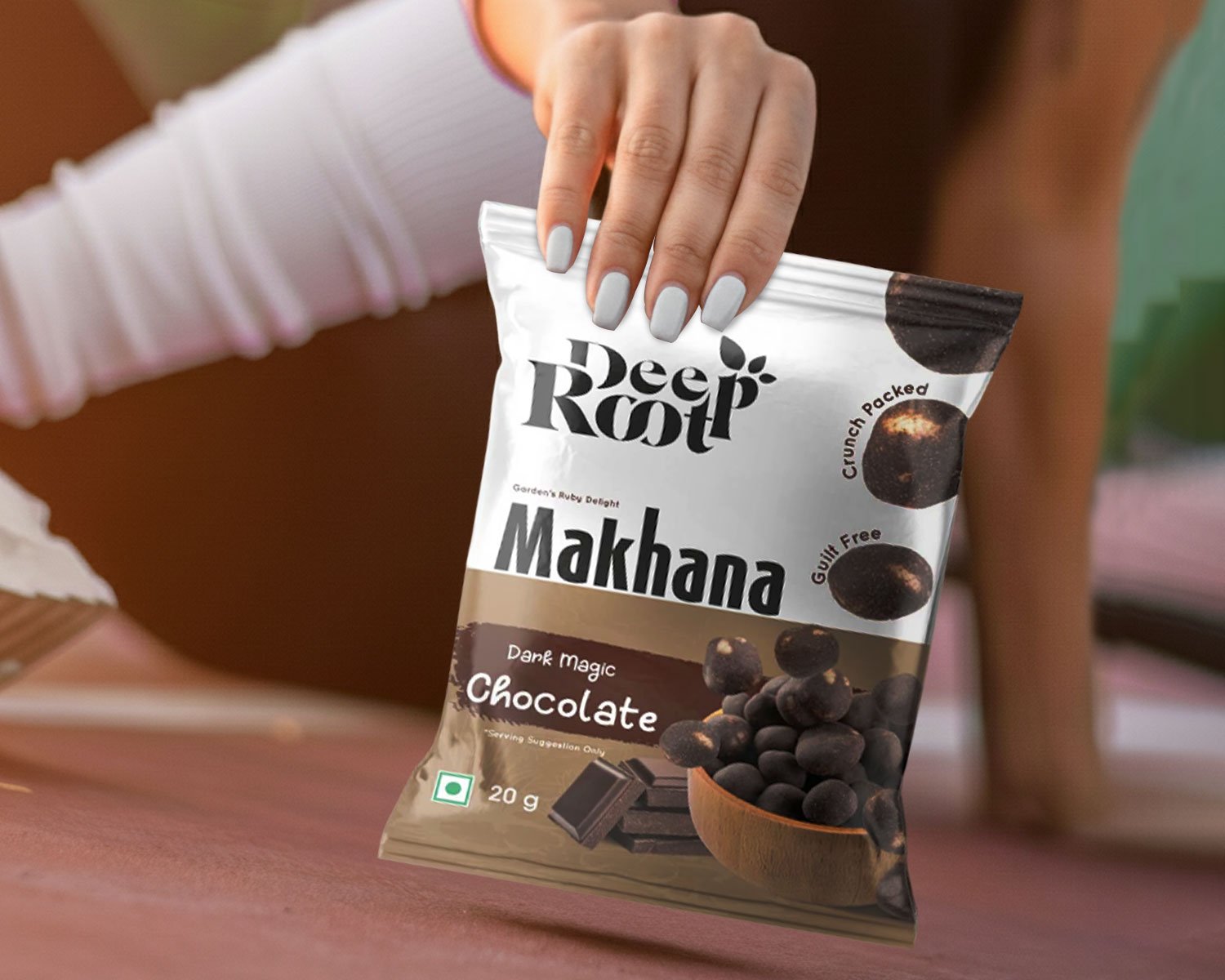Food product development is taking a major turn towards sustainability. As more people are becoming aware of the environment, food companies are stepping up by using sustainable ingredients in food product development. In 2025, using eco-friendly ingredients will become necessary for food brands to stay relevant in the market and gain customers’ trust.
Let’s now discuss the importance of sustainable ingredients, the trending sustainable ingredients that are shaping the industry, and how it is beneficial for the environment as well as for people.
Why Is Sustainability In Food Formulation Important In 2025?
If you’ve ever wondered why sustainability is such a hot topic in food, it’s simple: the food industry is a major contributor to environmental problems. Agriculture takes up a large chunk of land, water, and energy. It also releases a lot of greenhouse gases. The Food and Agriculture Organization (FAO) says the global food system is responsible for about one-third of global emissions.
Sustainable ingredients are those that are sourced, grown, processed, and packaged in a way that reduces harm to the environment and people. This is not only about less waste or fewer carbon emissions; it is also about fairness, supporting workers and communities, using ethical labor practices, and promoting local economies. Consumers are now looking for brands that support these values, making sustainability not just an afterthought but a main part of healthier food development.
5 Trends Of Sustainable Ingredients In Food Product Development In 2025
Some main sustainable ingredient trends in food product development are:
Plant-Based Ingredients
One of the biggest trends in 2025 is plant-based ingredients. More people are choosing plant-based diets for health reasons as well as to protect the environment. Plant-based foods have a much smaller environmental footprint than animal products. They use less water, land, and energy, and they are also a lot better at reducing carbon emissions.
Common plant-based ingredients like lentils, beans, peas, quinoa, and oats are making their way into everyday foods, like plant-based meats, dairy-free milk, and even plant-based seafood. And it is not just for vegans anymore; these ingredients are being used in sustainable food recipe formulation that everyone can enjoy, whether you’re vegan or not. It’s a win for the planet, and it’s giving people more options.
Regenerative Agriculture
We have all heard about organic farming, but now there is something even better and regenerative agriculture. This farming method not only reduces damage, but it also heals the soil and brings it back to life. Through practices like crop rotation, cover crops, and composting, regenerative farming helps improve soil health, capture carbon, and increase biodiversity.
Regenerative agriculture supports crops like hemp, quinoa, and ancient grains, all of which are super sustainable and nutrient-rich. The sustainable food companies are investing in healthier and more powerful ecosystems and supporting farmers who are committed to these practices.
Insect Protein
Okay, so eating insects might sound strange to some, but insect protein is becoming a transformer for sustainable food. Insects like crickets and mealworms are good, resource-efficient. They need less land, water, and feed than traditional livestock, and they emit fewer greenhouse gases. Plus, they are packed with protein, healthy fats, and vitamins.
Insects are being used in all kinds of products, from protein bars to snacks to animal feed. While this may still be a novelty in some parts of the world, it is a sustainable solution to our protein needs. So, while it may take time to become mainstream, insect protein has huge potential.
Seaweed and Algae
Have you ever thought about seaweed or algae as a food ingredient? These aquatic plants are good for the environment because they don’t need land, freshwater, or pesticides to grow. In fact, they actually absorb carbon dioxide, helping fight climate change.
Seaweed and algae are also highly nutritious, rich in protein, minerals, and fiber. They are popping up in plant-based dairy products, snacks, and even supplements. And let’s not forget, seaweed is a powerful tool in sustainable food development because it can also be used in biofuels and biodegradable packaging.
Upcycled Ingredients
The idea of upcycling might sound new, but it is one of the smartest ways to reduce food waste. Upcycling involves taking food by products, things that would normally be thrown away, and turning them into something useful. For example, spent grains from brewing, coffee grounds, and fruit peels are now being turned into flours, snacks, and protein powders.
By upcycling, sustainable food companies are reducing waste and making sustainable food formulation more efficient, and providing consumers with some new options that are both nutritious and eco-friendly.
Role Of Certifications In Sustainable Food Formulations
Certifications help consumers make informed decisions about sustainable food recipe formulation. These labels guarantee that products meet environmental, ethical, and health standards.
Ethical Practices: Certifications like Fair Trade make sure that workers are paid fairly and work in safe conditions. This means that the product you buy helps support better living standards for farmers and workers in developing countries.
Environmental Protection: Labels like organic ensure food is grown without harmful chemicals and support eco-friendly practices. Organic farming uses natural methods like crop rotation and composting to maintain soil health.
Transparency: B Corp certification shows companies meet high sustainability standards across their business. It focuses on areas like environmental impact, employee treatment, and community involvement.
Health Assurance: Non-GMO and Gluten-Free labels make sure that the food is safe and meets specific dietary needs. These certifications help people with allergies or dietary restrictions make safe food choices.
How Brands Can Get Started With Sustainable Ingredients?
For brands wanting to embrace sustainability, here’s how they can start:
Research and Find Sustainable Suppliers- Brands should find sustainable food suppliers who use sustainable practices, like organic farming or fair trade, and ensure the ingredients meet certifications such as Fair Trade or USDA Organic.
Start Small, Then Expand- It is best to start with a few products using sustainable ingredients in food product development and gradually grow the range as the brand gains experience and customer feedback.
Communicate Transparently- Sustainable food brands should clearly communicate their sustainable sourcing through labeling, websites, and social media. Educating consumers on these choices builds trust.
Work with Sustainable Food Formulation Experts- Collaborating with sustainability food formulation consultants can help brands navigate sourcing, certification, and improving sustainability practices.
Track Impact and Adjust- Brands need to measure their efforts and make adjustments as needed, tracking cost, customer response, and supply chain efficiency helps ensure long-term success.
Fuel The Future With Sustainable Ingredients In Food Product Development
The future of food is in your hands. By choosing sustainable ingredients in food product development, you are not just creating better products; you are shaping a better world. Join the movement and turn your food into a catalyst for change. Let’s create a future where every bite leaves a positive impact. Take the first step today! Contact our sustainable food recipe formulation consultants now at 8130404757
FAQs
Why are sustainable ingredients becoming important in food product development?
Because sustainability reduces environmental impact, supports ethical practices, and meets growing consumer demand for eco-friendly foods.
What are key trends in sustainable food ingredients in 2025?
Top trends include plant-based ingredients, regenerative agriculture crops, insect protein, seaweed/algae, and upcycled ingredients.
What counts as plant-based sustainable ingredients?
Items like lentils, beans, peas, quinoa, oats — used in plant-based meats, dairy-free milks and other eco-friendly formulations.
Why consider insect protein in sustainable food development?
Insect protein uses far fewer resources (land, water, feed) than traditional livestock, and still delivers high-quality protein — making it a low-impact, sustainable option.
How do seaweed and algae help sustainability in food products?
They grow without land or pesticides, absorb CO₂, and provide proteins/minerals — making them eco-efficient and nutritious ingredients.
What are upcycled ingredients in food product development?
Upcycled ingredients are food by-products (e.g. spent grains, fruit peels) that would be wasted but are repurposed into nutritious flours, snacks, or powders — reducing waste and maximizing resources.
Why do certifications matter when using sustainable ingredients?
Certifications (organic, fair-trade, non-GMO, gluten-free) assure consumers and regulators that ingredients meet ethical, environmental, and health standards.
How can brands begin using sustainable ingredients without high risk?
Start small (one or few products), source certified suppliers, test the recipe, label transparently, and monitor cost and customer feedback.
Does sustainable ingredient sourcing affect a brand’s trust and market position?
Yes — transparent sustainable sourcing builds consumer trust, brand reputation, and aligns with growing demand for environmentally conscious products.
What steps do brands need to implement sustainable ingredient formulation?
Research suppliers, select sustainable ingredients, reformulate recipes, ensure regulatory compliance, communicate sourcing to customers, and track environmental & business impact.

